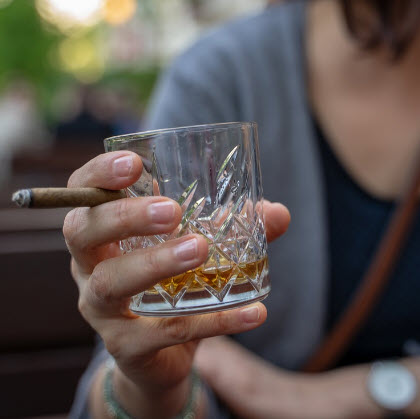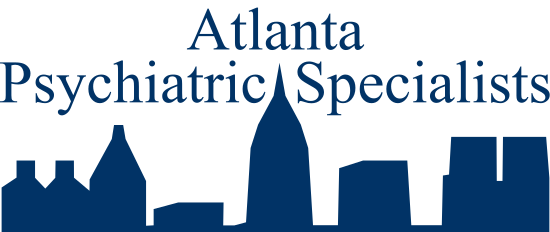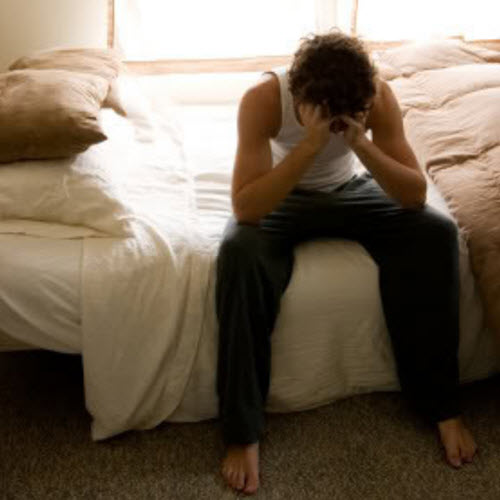Is It Your Fault? (A mini-blog series.)
How do you know when your actions, such as smoking a cigarette or having a drink of alcohol, are getting you into an addiction? When does gaming or gambling become addictive in the sense of losing control and becoming compulsive?
Addiction usually means that an action or habit is causing some harm but you continue it nevertheless.

I want to make three brief points now:
1) When a drink of alcohol or a puff of smoke causes a pleasurable or positive feeling, that is not addiction. However, that is how addiction begins. If something did not cause a good or positive feeling, it would not become a habit or later become an addiction.
2) The brain is built so that life necessary activities (food, warmth, relationships, etc.) are rewarding, and not having them is punishing. That’s what keeps us going. But there’s a hiccup built-in accidentally:
certain substances or activities can impersonate food, warmth, and sex, and too much of these becomes a harmful habit.
After a while, you cross an invisible and cloudy line where you need the thing in order not to feel bad. This is the essential dividing line, but it is hard to spot. And part of you doesn’t want to see it. Are you swallowing that drink or inhaling that smoke in order not to feel bad? Or in order to feel good? The difference can be subtle, but as the addiction escalates it can be very clear. He drinks to help the shaking. She smokes to prevent that irritable feeling. In fully developed addictions, it is mostly bad feelings that you are trying to get rid of. In early or midpoint addictions, there is a mixture of increased good feeling and decreased bad feeling. Do you feel bad or tense until you can inhale deeply? Is that the same as enjoying a smoke or a vape? We are talking about positive reinforcement (the same as reward=feeling better) and negative reinforcement (also the same as reward= feeling less bad= feeling better). [I know, we all mix up negative reinforcement with punishment, but that’s another story.]
3) We said addiction is something that causes us harm, but we do it anyway. Compulsion. Harms can be obvious such as accidents, liver disease, lung cancer. They can be more disguised such as achieving less, not finishing projects or school, having less money, unsatisfying relationships, taking time away from personal goals, not feeling rested, irritated when people interfere with the addiction.

You have to judge the pros and cons, the benefits or harms, whether it is worth it or not. Today you don’t want to make a change. Tomorrow may be better.
When a psychiatrist or therapist discusses these issues, they are aware that no one has perfect self-control. I like to think of gaining more self-control (or having less of it) since it doesn’t seem like an all or none issue at this stage of our knowledge. People want to be able to do things on their own, and sometimes they can and do. Other times it may take years to get to the point of self-control and bad things have happened meanwhile. Professional help can speed this process up and can include motivational therapy, behavioral strategy, and medications for substance use (Chantix, bupropion, naltrexone, acamprosate, Suboxone, etc.)
THE KEY: Do you feel bad or awful when you don’t have it or can’t do it? Or is it just a nice thing when it is available. Know where you are on this scale.

 Insomnia And Insufficient Sleep
Insomnia And Insufficient Sleep
Alcoholism is a progressing disease, I’ve seen it win over and control many motivated and confident friends, only to ultimately destroy their family life as well as their livelihood. As a moderate drinker myself, I’ve encountered many negative consequences for choosing to yield to it’s limited pleasures. My mother (I am 52), always said to me ”nothing good ever comes from drinking” and that always haunts me to this day. I Don’t wake up craving a drink, on days off I don’t take a drink 95% of the time until late evening knowing if I do have a drink earlier and don’t keep drinking I will grow weary and accomplish nothing. I fear alcoholism and will quit a couple of weeks on occasion cold turkey just to check my self-control. However, as an executive, I’ve instructed several close associates that if they ever smelt alcohol on my breath in the morning or during the day that the demon has possessed me and they are to immediately admit me into a rehabilitation center. As aforementioned, I’ve witnessed 1st hand how this addiction ends up controlling ones life and I pray that never comes a day whereas in order to not feel bad I must have a drink,. The end result is simple, ”it”will win and we will lose. Respect and fear ”it.”
”Nothing good ever comes from it,” nothing.
I have an excellent way to tell if you are addicted to pain killers. You throw up with absolutely no warning in people’s yards. One other way is you hallucinate and hear and see things that aren’t there. Seizures are also a good sign. Not knowing what day it is. Not eating or drinking. Waking up in hospitals is a give away, too.
Please, whatever you do, stay away from drugs and see a psychiatrist instead. Don’t learn the hard way like I did.
Glad to be alive!
I found this to be very insightful and have never heard of measuring whether you are an addict or not based on these questions to oneself. I love Dr Grumet’s approach to and outlook on everything having to do with oneself
Once again, Dr. G. nice article: The Single Key